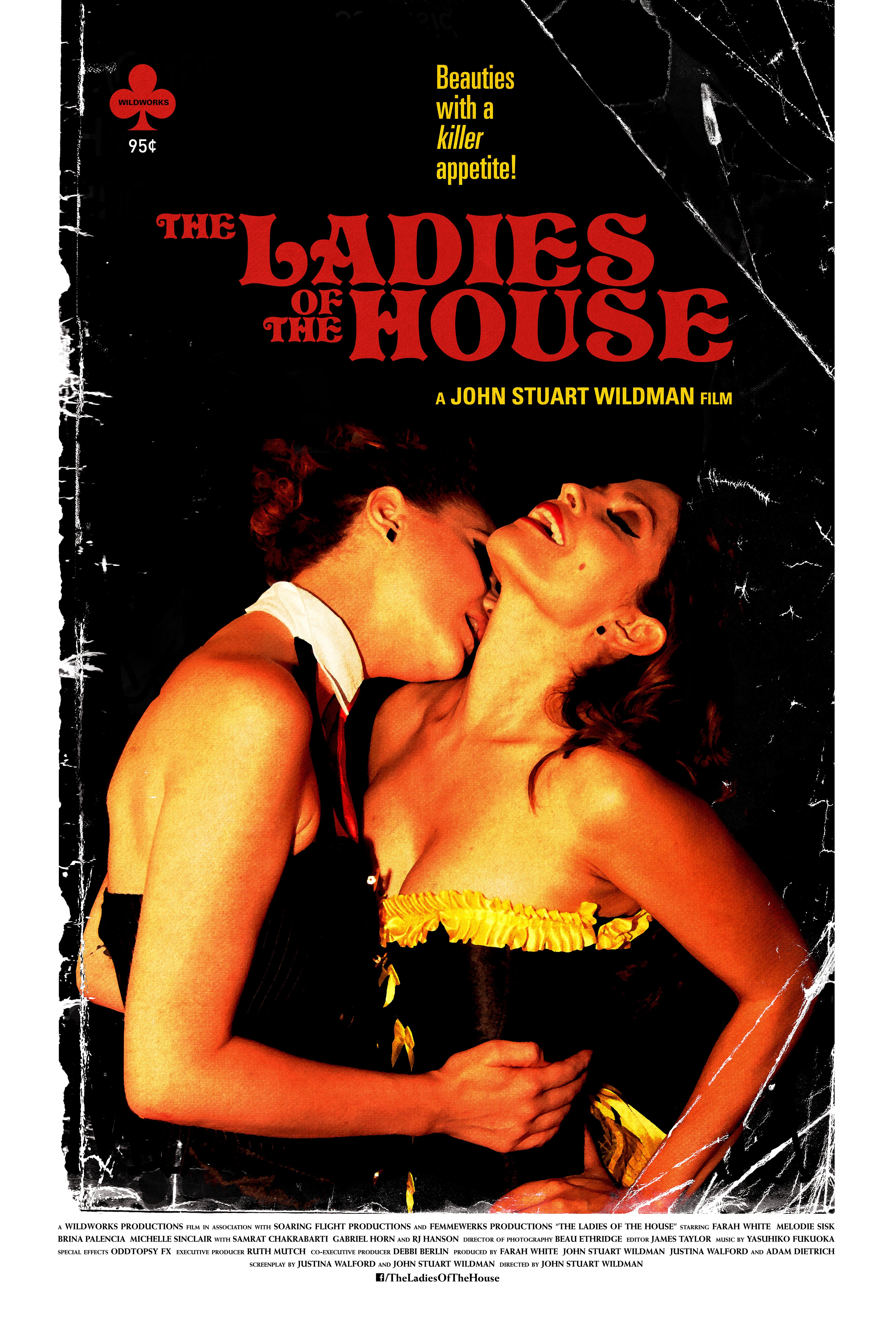You would have to go back to either 1999–when the Dardennes won for “Rosetta”–or 1997–when Abbas Kiarostami won for “Taste of Cherry” in a tie with Imamura Shohei for “The Eel” and when Tim Burton was a member of the jury–to find a Palme d’Or winner quite as satisfying and unconventional as tonight’s prize for Apichatpong Weerasethakul’s endlessly inventive, mystical and funny “Uncle Boonmee Who Can Recall His Past Lives.” Going in, there were plenty of concerns about a jury comprised of such wildly disparate personalities as Tim Burton, Victor Erice, Alberto Barbera, Benicio Del Toro and Kate Beckinsale. But when the dust cleared, this turned out to be one of the most intelligent and independent-minded juries in recent Cannes history. As had been widely expected, the prizes were spread around among several Competition titles, with three films scoring the top film prizes for Jury (Mahamet-Saleh Haroun’s richly deserving win for “A Screaming Man”), Grand (Xavier Beauvois’ majestic “Of Gods and Men”) and Palme (Apichatpong). By the time the Beauvois was announced for the Grand Prize, the sense became overwhelming that Apichatpong would win the day, since most of the attending filmmakers had already won something. Kiarostami won via the official festival poster gal Juliette Binoche’s deserving best actress prize for “Certified Copy” (though I would have thought that Yun Junghee for his phenomenal lead performance in Lee Chang-dong’s “Poetry” would have warranted at least a tie). The tie instead went to the actors, with Javier Bardem’s sweaty portrayal of a dying man in Alejandro Gonzalez Innaritu’s “Biutiful” and Elio Germano in Daniele Luchetti’s “La nostra vita,” widely perceived as the evening’s most curious prize. Lee’s prize for screenplay is a sign of a jury that thought through its choices; the most impressive aspect of “Poetry” is Lee’s fascinating, densely layered and structured screenplay, comparable in every way to “Secret Sunshine” and a further indication that Lee’s years as a novelist inform his approach as a film storyteller. Although he was heard to wisecrack with his bouncy cast of New Burlesque performers, “I didn’t know I was a director!,” Mathieu Almaric’s best director win for “Tournee” was a good way of giving something to one of French cinema’s hottest names. But Apichatpong’s Palme d’Or brings renewed meaning to the purpose of a prize which has increasingly been identified with establishment cinema, and in one dramatic stroke by a smart jury with nerve transforms it like one of Apichatpong’s jungle creatures into a whole new animal. Whatever anyone thought of the Competition going in, none of that matters now. A great film has gotten its due, and now, instead of gazing back, the Palme is looking forward.
THE LATEST NEWS
- FILM FESTIVAL NEWS: San Luis Obispo International Film Festival mixes classics with great docs, local talent, and (of course) SURF NIGHT and wine country for their 25th
- SHORTS AND TO THE POINT: Will Stewart’s ALL WE ARE delivers a compelling story of the yearning heart
- SHORTS AND TO THE POINT: Rachel Sweeney’s DEAD GIRL is a dead-on look at the actor’s daily dance on hell’s stage
- FILM FESTIVAL PHOTO GALLERY – 2019 Oxford Film Festival’s Community Night w/NEGRO TERROR and Opening Night w/GHOST LIGHT and Roger Bart
- FILM FESTIVAL NEWS: The Oxford Film Festival announces this year’s Filmmaker Awards winners







READER COMMENTS